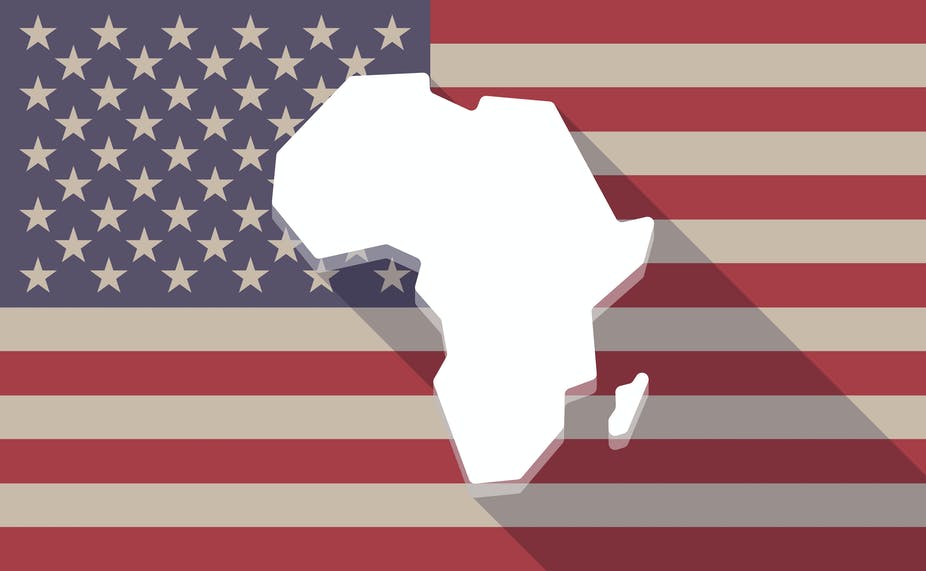
US Treasury Secretary Janet Yellen is set to visit three African countries to kick off this US-Africa economic buff from this Friday. The initiative follows decades of Chinese prominence on the continent.
Africa’s population boom will be a key topic to be addressed during her visit, as this growth is partly responsible for the US declaring Africa an economically attractive destination. The Treasury Secretary will address the issue during a visit to Dakar, Senegal.
He is expected to visit Zambia and South Africa after meeting Chinese Vice Premier Liu He in Zurich on Tuesday, after which both sides agreed on the need to tackle global challenges such as climate change and food security.
“African countries belong firmly at the table. Their communities are disproportionately vulnerable to the effects of global challenges. And any serious solution requires African leadership and African voices,” Yellen said at the Africa Leaders Summit in Washington last month.
He also hinted at $11 billion in commitments from the US Development Finance Corp and $3 billion in programs from the Millennium Challenge Corp in 14 African countries.
Since last year, the United States, under the direction of President Biden, has reiterated the need to establish progressive relations with Africa. According to the United States, this need to deepen its relationship with the continent is motivated by the need to procure a more sustainable alternative to China’s collateralized loans to Africans and
Africa has reciprocated the idea of US investment on home soil, especially now that financial difficulties and the appreciation of the US dollar have increased the cost of servicing existing debt and extended financing costs caused by COVID-19 and high inflation.
According to a senior Treasury official, while the US is not in any competition with any other market, its objective is to build its relationship with Africa.
The statement was a response to speculation that the US’s entry into Africa could spark a Cold War with China, which has spent the past decade establishing a market presence across the continent.
“We’re here for the US-Africa relationship. And that’s kind of, full stop. It’s not about … US-China dynamics,” A senior officer said.

